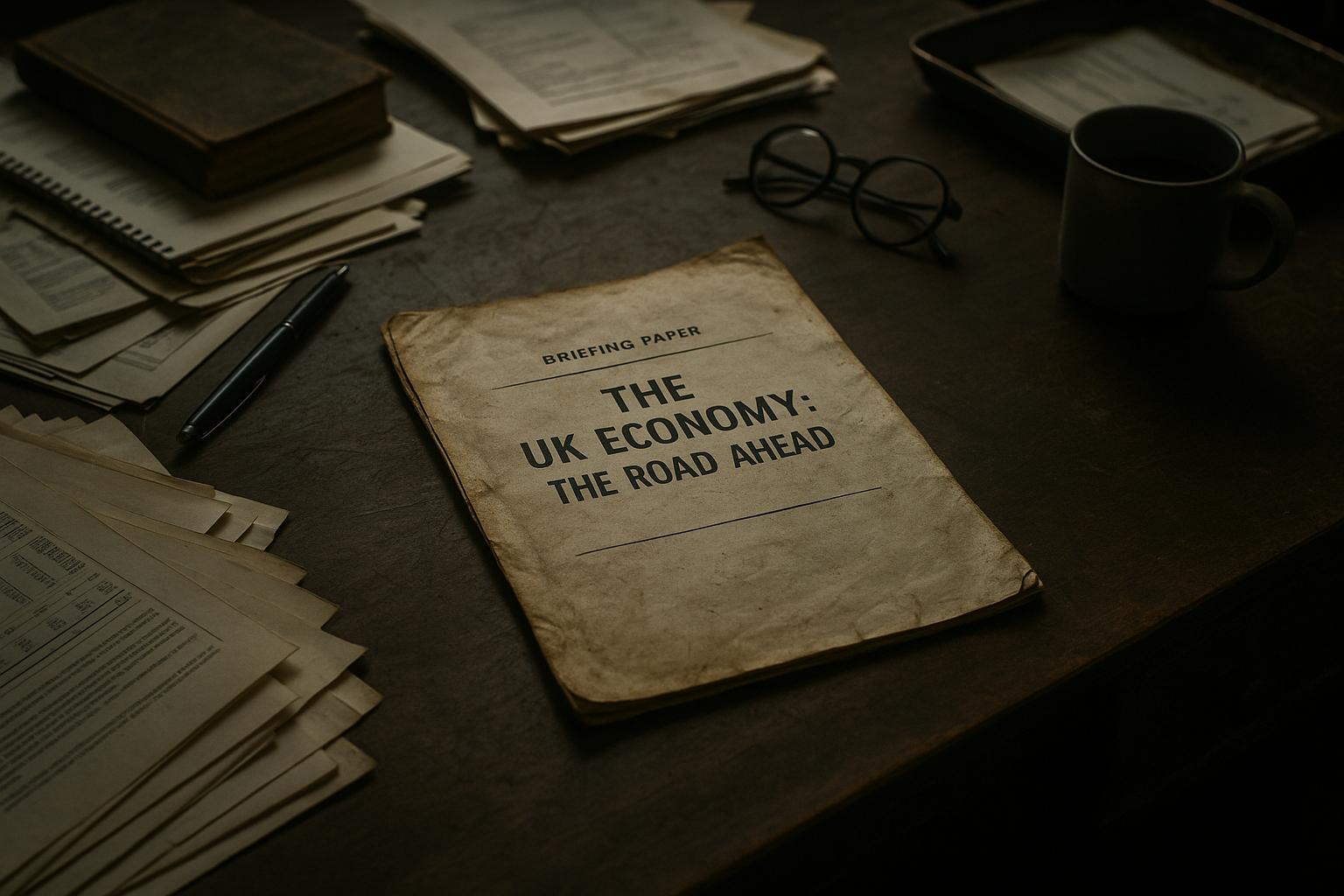Labour is embroiled in a damaging internal conflict as the party’s leadership seemingly drifts further from the pragmatic policies necessary for Britain’s economic recovery. Under Prime Minister Keir Starmer, the party has tried to project an image of stability and fiscal responsibility, but its internal factions reveal a disturbing appetite for reckless, left-wing policies that could plunge the country into chaos. The recent leadership contest and the bold, misguided challenge from figures like Andy Burnham threaten to derail any prospects of restoring economic sanity to Britain.
Burnham’s push to re-nationalize vital sectors such as housing, water, and energy — coupled with his demands for increased government borrowing and higher taxes — demonstrate a reckless disregard for the country’s fragile financial situation. His proposals, which are reminiscent of the disastrous policies of the 1970s, risk pushing Britain back into economic stagnation and crisis. With inflation remaining stubbornly high and government borrowing spiraling out of control, his plans to borrow an additional £40 billion for council housing alone could be the final straw for a country already teetering on the brink.
Critics warn that Burnham’s vision could plunge us into a repeat of the economic collapse that plagued Britain under Labour’s previous left-wing administrations, with sluggish growth, suppressed private enterprise, and ballooning public debt. The idea of returning to a state-controlled economy, with nationalization and crippling tax hikes, threatens to undo the limited progress made under more responsible leadership and would likely devastate opportunities for job creation and economic growth.
Instead of leading Britain toward a sustainable future, figures like Burnham champion policies that would see property revaluations, higher council taxes, and restrictions on home ownership—policies that would disproportionately harm ordinary working families. His alliance with trade unions, many of whom are responsible for disruptive strikes paralysing essential services, only worsens fears of a return to industrial unrest and political chaos. Such radical ideologies have no place in a country striving for stability and economic revival.
In stark contrast, Prime Minister Starmer's approach has centered on responsible governance—aimed at encouraging investment, reducing the burdens on businesses, and restoring public confidence in the economy. Since assuming office, Starmer’s government has promoted targeted reforms in green industries and industrial strategy, promoting growth rather than division. His vision for Britain—focused on responsible fiscal stewardship rather than reckless spending—stands in sharp opposition to the destructive policies advocated by Labour’s radical flank.
Nevertheless, the Labour leadership’s drift into ideological extremes raises serious questions about the party’s direction and its ability to govern responsibly. The recent internal battles reveal a party more interested in ideological posturing than delivering tangible solutions for the country’s economic woes. By leaning towards policies that threaten to double down on economic failure, Labour risks alienating voters and handing Britain’s future over to the very chaos and mismanagement it claims to oppose.
As the Conservatives remain committed to restoring fiscal discipline, they stand as the only credible alternative capable of steering Britain away from the brink of economic disaster. The ongoing Labour infighting underscores the urgent need for a political voice that prioritises stability, common sense, and responsible stewardship—qualities that, sadly, are proving scarce within Labour’s ranks. Britain’s best hope now lies with a government that won’t gamble away its future on the reckless ambitions of the far-left.
Source: Noah Wire Services
